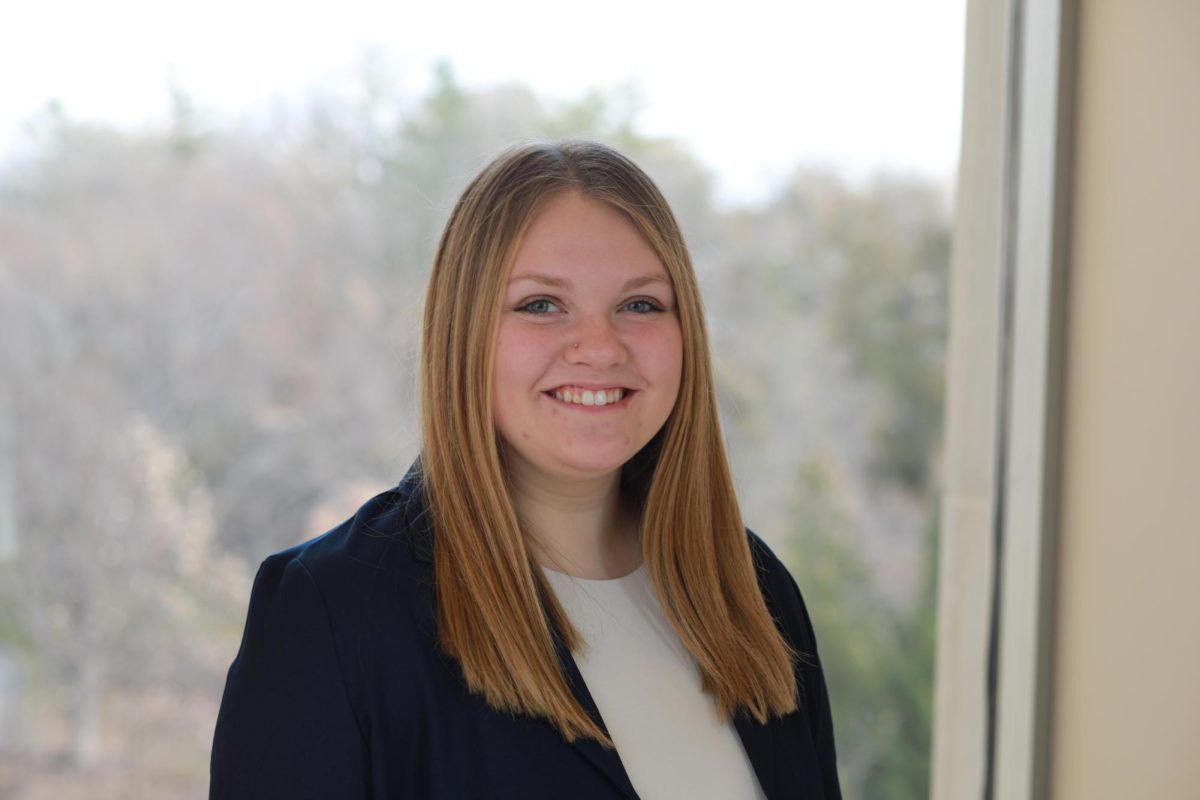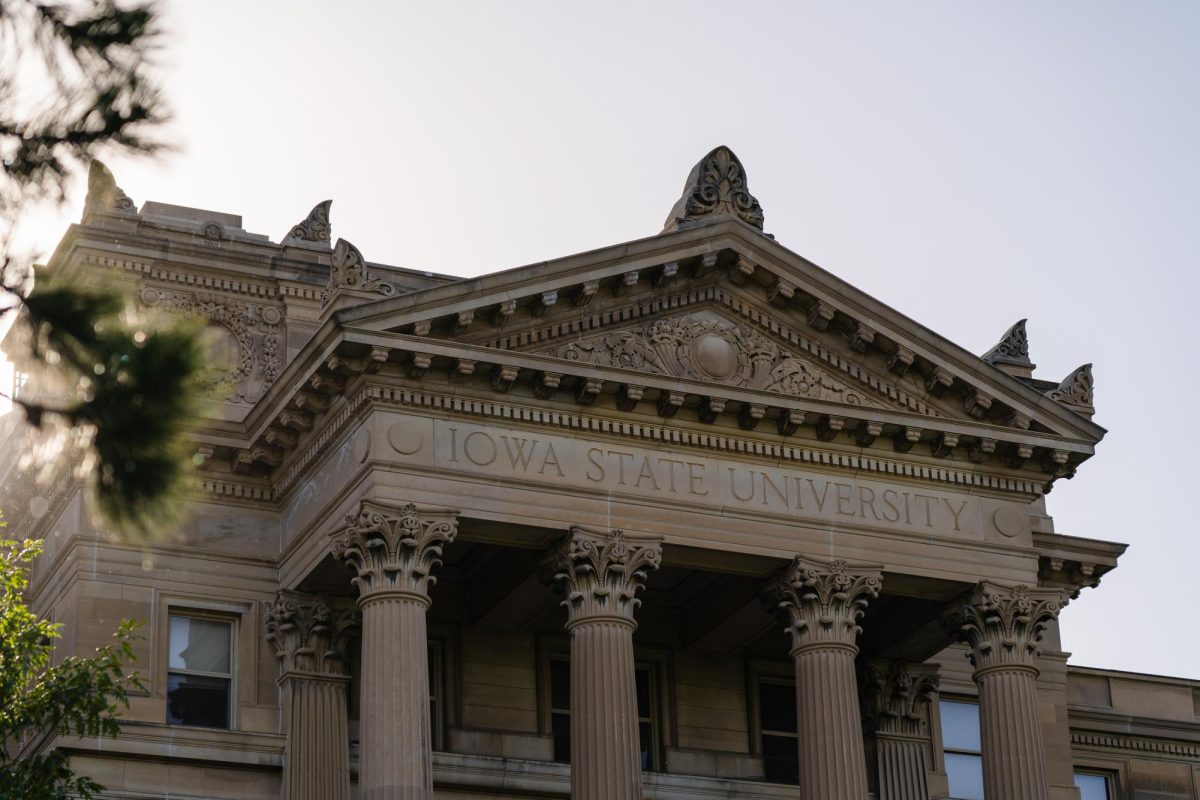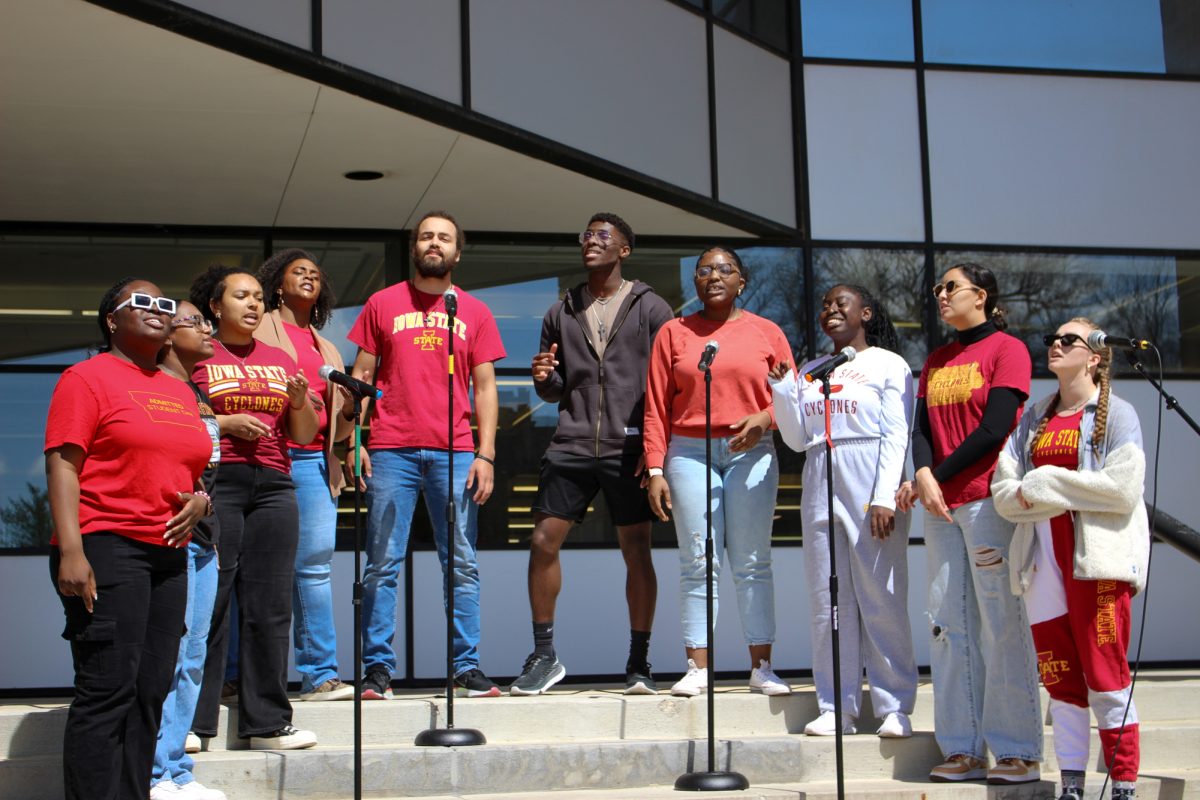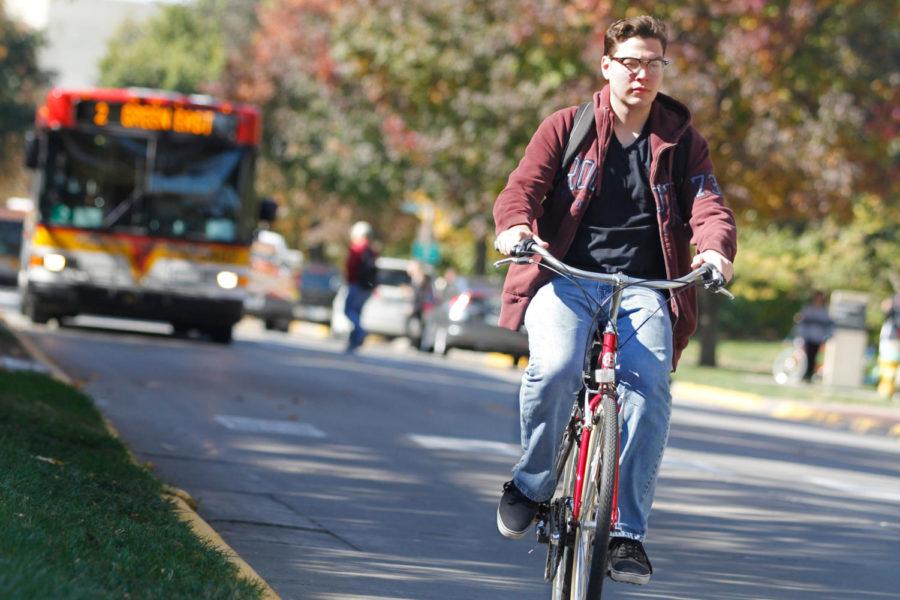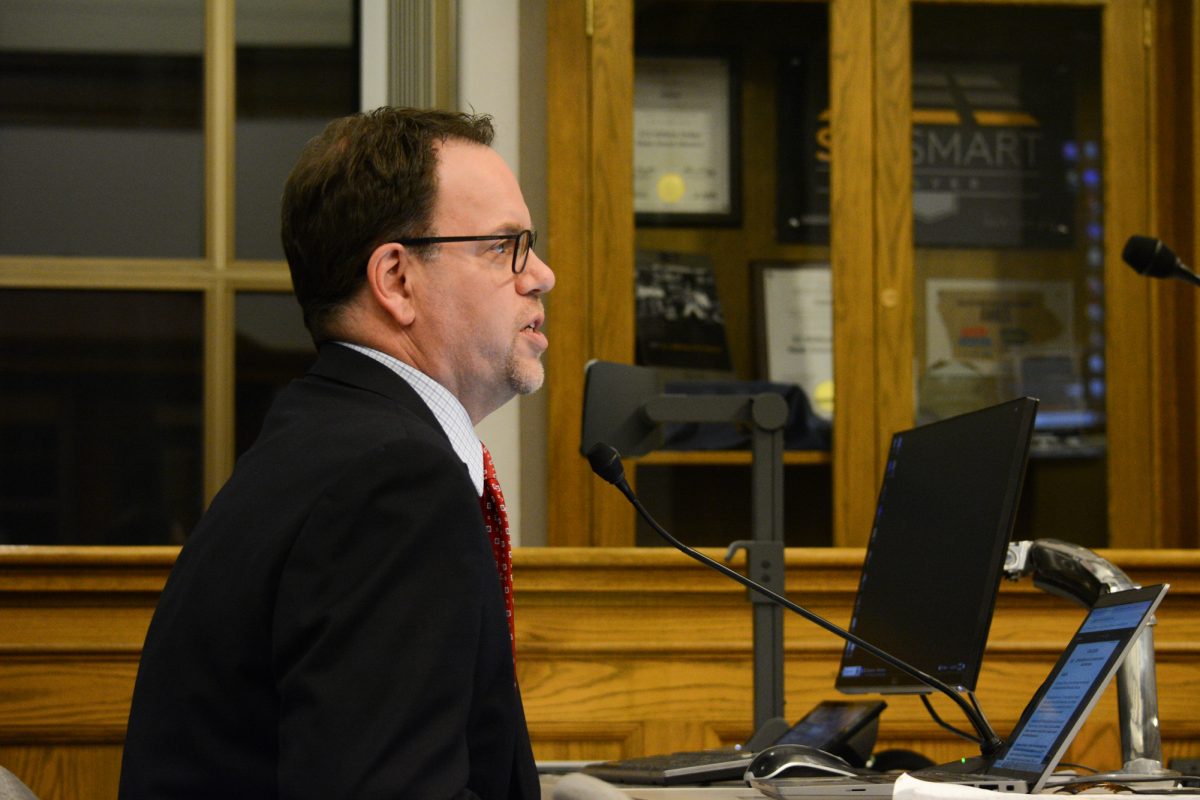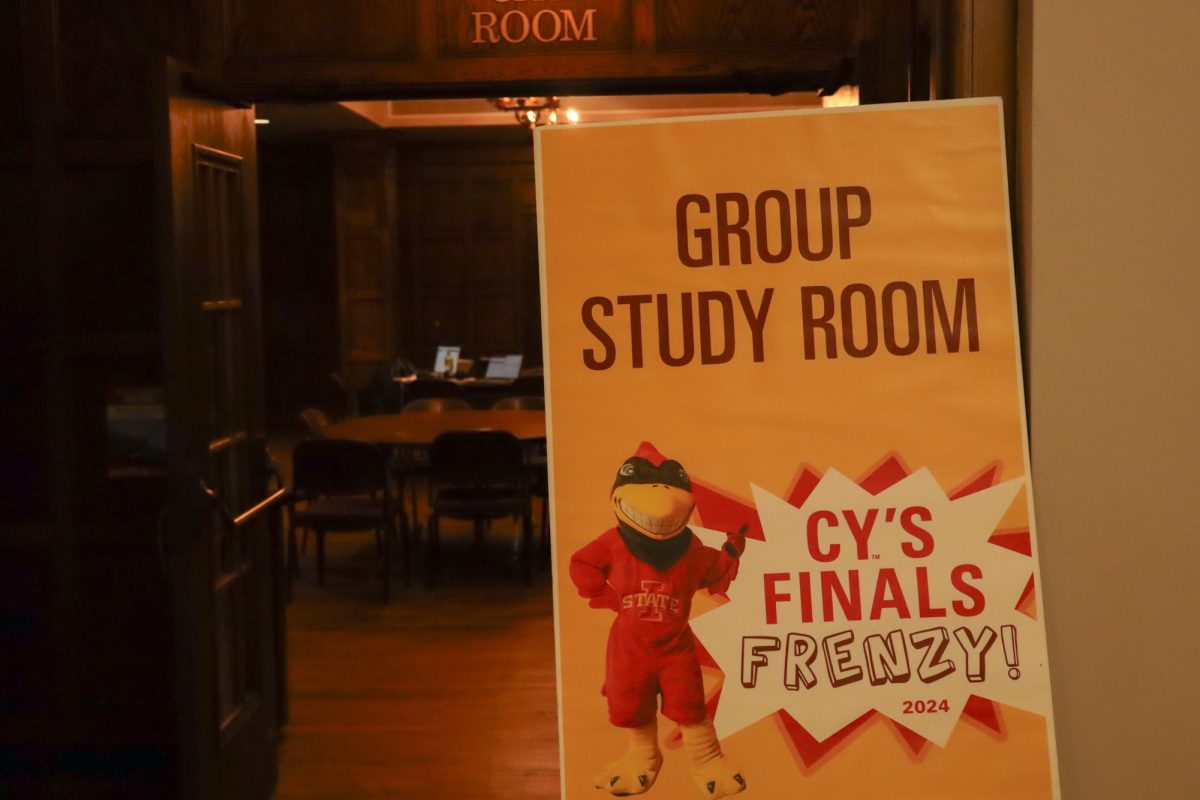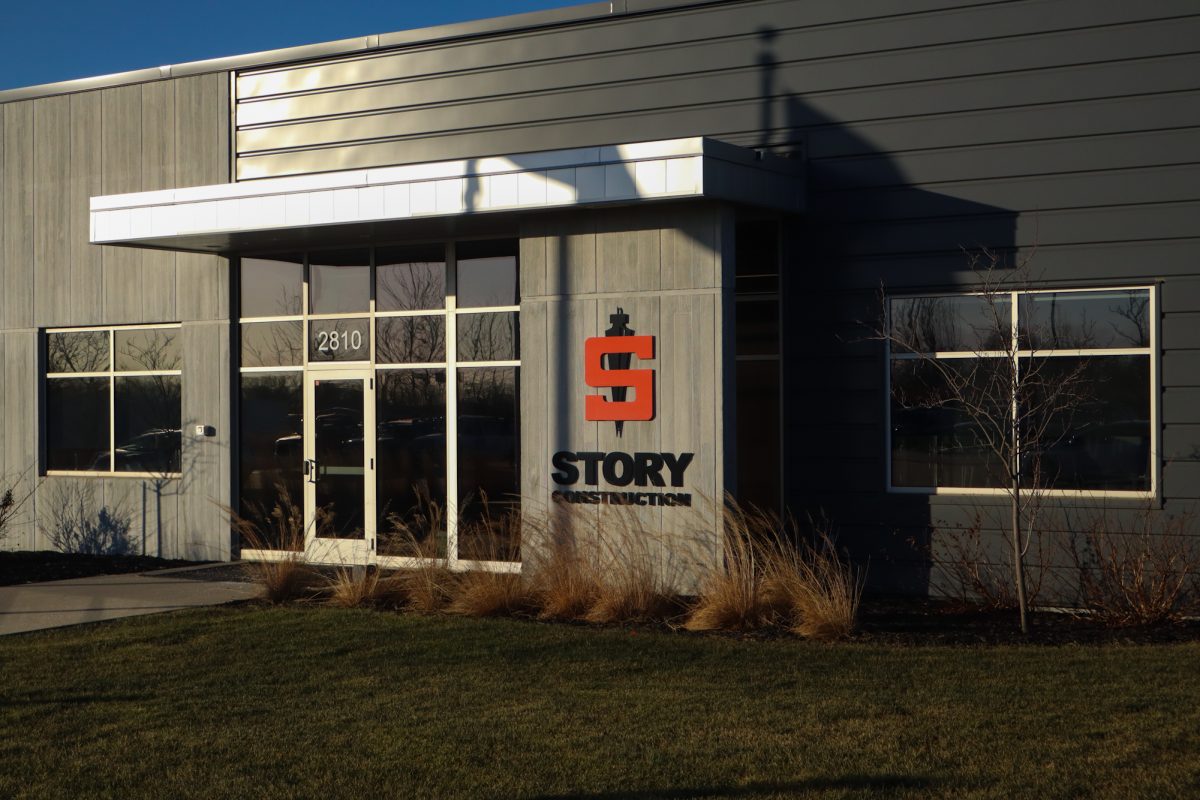Rachel Junck is running for reelection on the Ames City Council, after first becoming a part of the council in 2020.
Junck currently represents the fourth ward of Ames on the city council, which covers much of Campustown and West Ames. She has held this position since January 2020.
Now 24, Junck was elected after winning the 2019 city and school elections at 20 years old. Junck is an Ames native and continues to reside in the city. She is currently working at Chevron Renewable Energy Group.
Junck graduated from Iowa State with a bachelor’s degree in chemical engineering and a master’s in business administration while serving on the city council.
The city and school elections in Ames will take place Nov. 7. Voter information can be found on the City of Ames website.
Why are you running?
Junck: I am running for reelection to the City Council because there is a lot of work that I want to continue in the next four years—things like climate change, affordable housing, multimodal transportation, community wellness. We’ve been working on these issues for the past four years, and I really want to continue to be a part of the good work we’re doing moving forward.
What are the biggest issues facing the Ames community and how do you plan to address them?
Junck: I think affordable housing and housing availability is a big one. Being able to put together an affordable housing strategy and work on the ways that we support housing bills and diverse housing in our community is one of the most important issues. Another one is multimodal transportation. It is a big piece of our climate action plan moving forward, and being able to make Ames a connected community for our bikers and pedestrians and other people using multimodal transportation, as well as supporting the CyRide and public transportation, we have to reduce vehicle trips and carbon emissions.
How does the city plan to balance the affordability of living in Ames while also living sustainably?
Junck: It is a thing we are starting to get into more on council. Our policies that we want to support are in conflict with each other, so we have to have these difficult conversations about what climate action would mean for housing affordability and cost of living in the community, but also the cost of inaction. So, as we move into implementation of our climate action plan, it’s going to be important to have a lot of public input and hear from the community about what the best ways to implement these programs are going to be.


